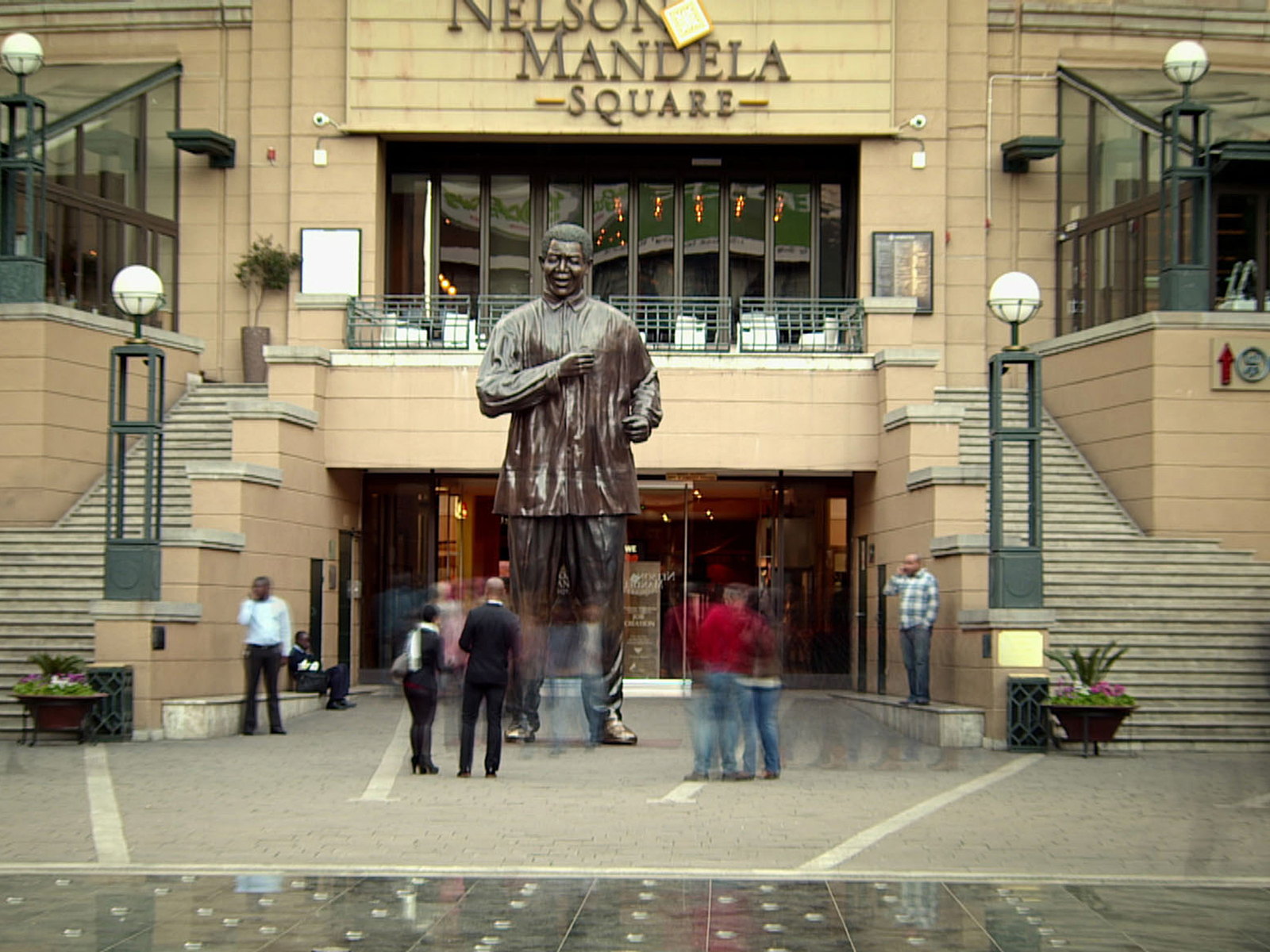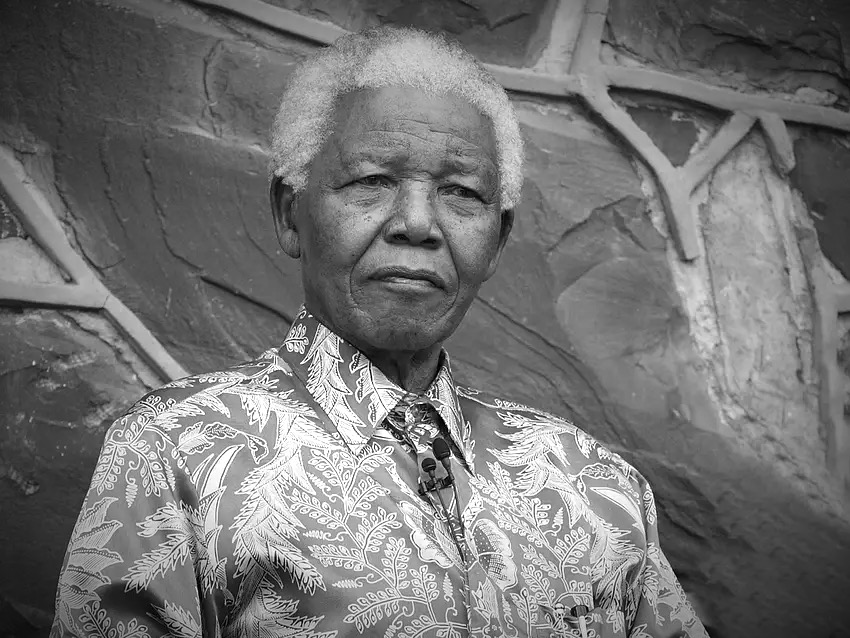
- Film
The Onscreen Mandela
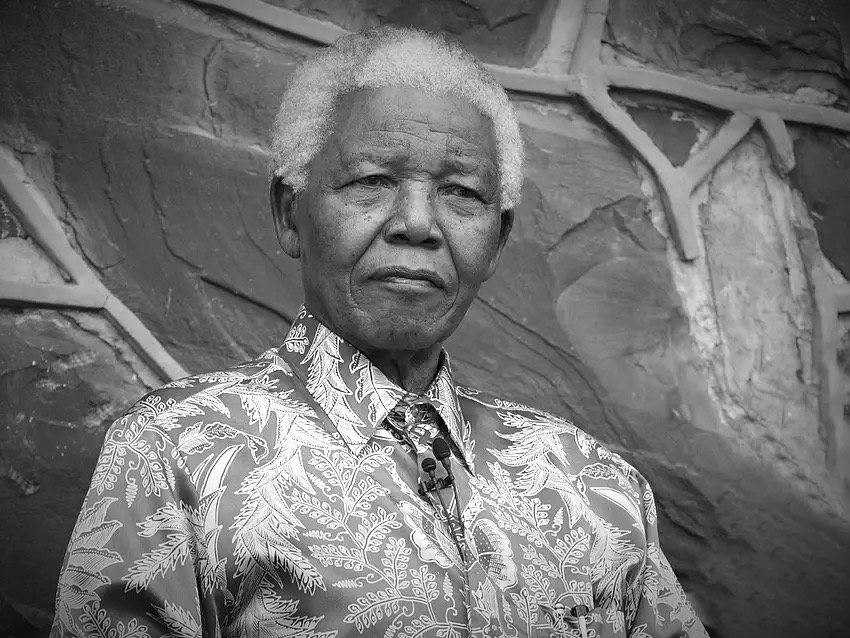
“I have walked a long walk to freedom. It has been a lonely road, and it is not over yet. I know that my country was not made to be a land of hatred. No one is born hating another person because of the color of his skin. People learn to hate. They can be taught love, for love comes more naturally to the human heart.”
We celebrate Nelson Mandela, the man who ended apartheid and became a symbol of peace not just for a country and a continent but for the entire world. From Sidney Poitier to Danny Glover, Morgan Freeman, and Idris Elba, Mandela has been represented on-screen by a plethora of well-known actors.
Mandela (1987)
Danny Glover and Alfre Woodard play Nelson and Winnie in this British TV-Drama which was directed by Philip Saville and written by Ron Harwood. The interesting thing about this film is that it was released three years before Mandela was released from prison on Robben Island. It, therefore, focuses on his youth and the years before and shortly after he was incarcerated. And it opens with a narration that is a direct quote of Prime Minister D.F. Malan who said this in 1948: “Apartheid rests on three unarguable foundations – Afrikaner Experience, OUR experience, Scientific Proof that the White man is a superior being, and Biblical Witness. Apartheid is divine will.”
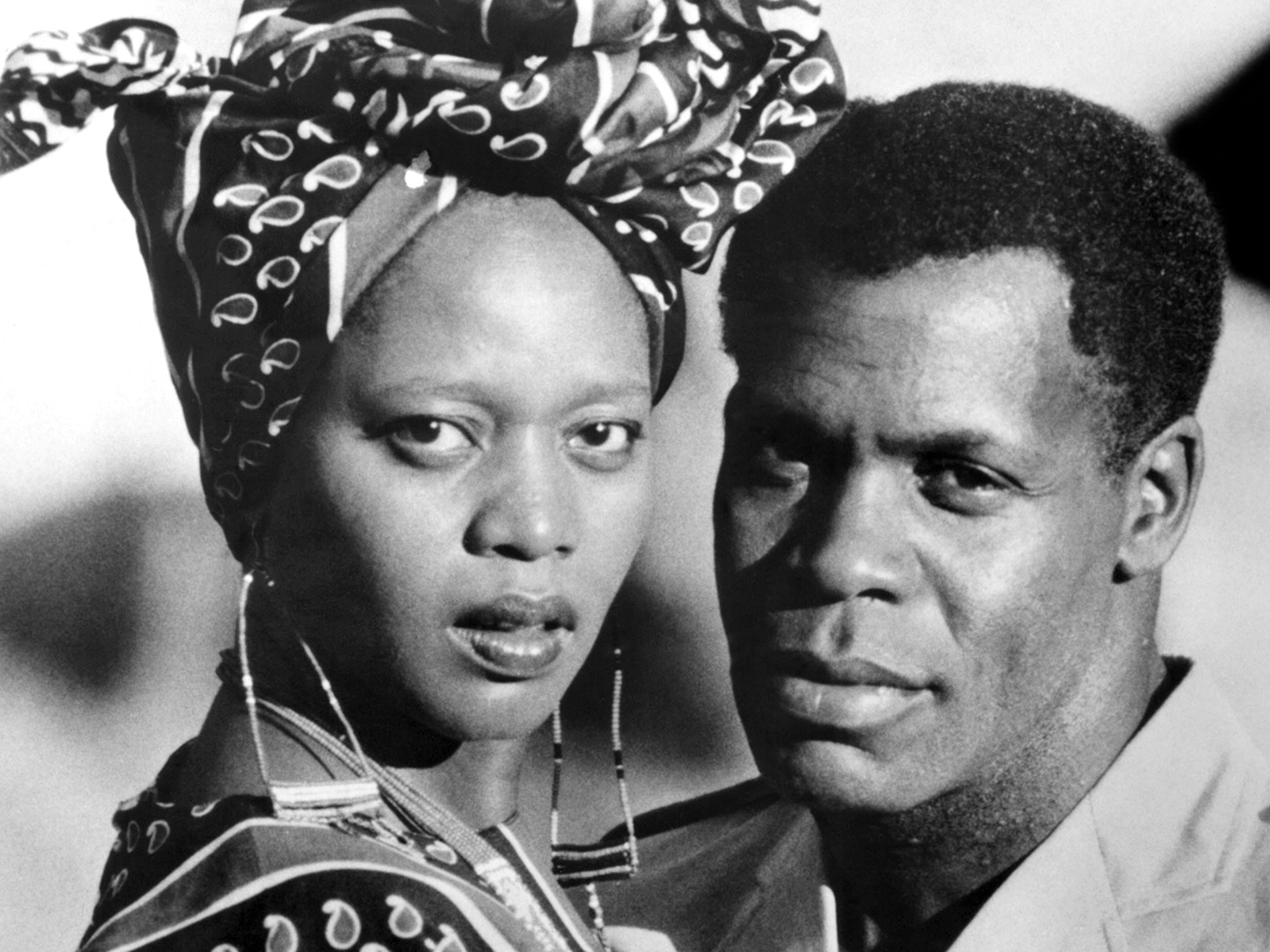
Mandela and de Klerk (1997)
The negotiations between the still incarcerated and then newly released Mandela and President Frederik Willem de Klerk are at the heart of this cable film. Mandela succeeded de Klerk as president. Directed by Joseph Sargent, the star power here is enormous: Sidney Poitier plays the man who argues with Michael Caine who portrays de Klerk. The film was shot in original locations, including the Robben Island jail cell. Tina Lifford (Queen Sugar) stars as Winnie.
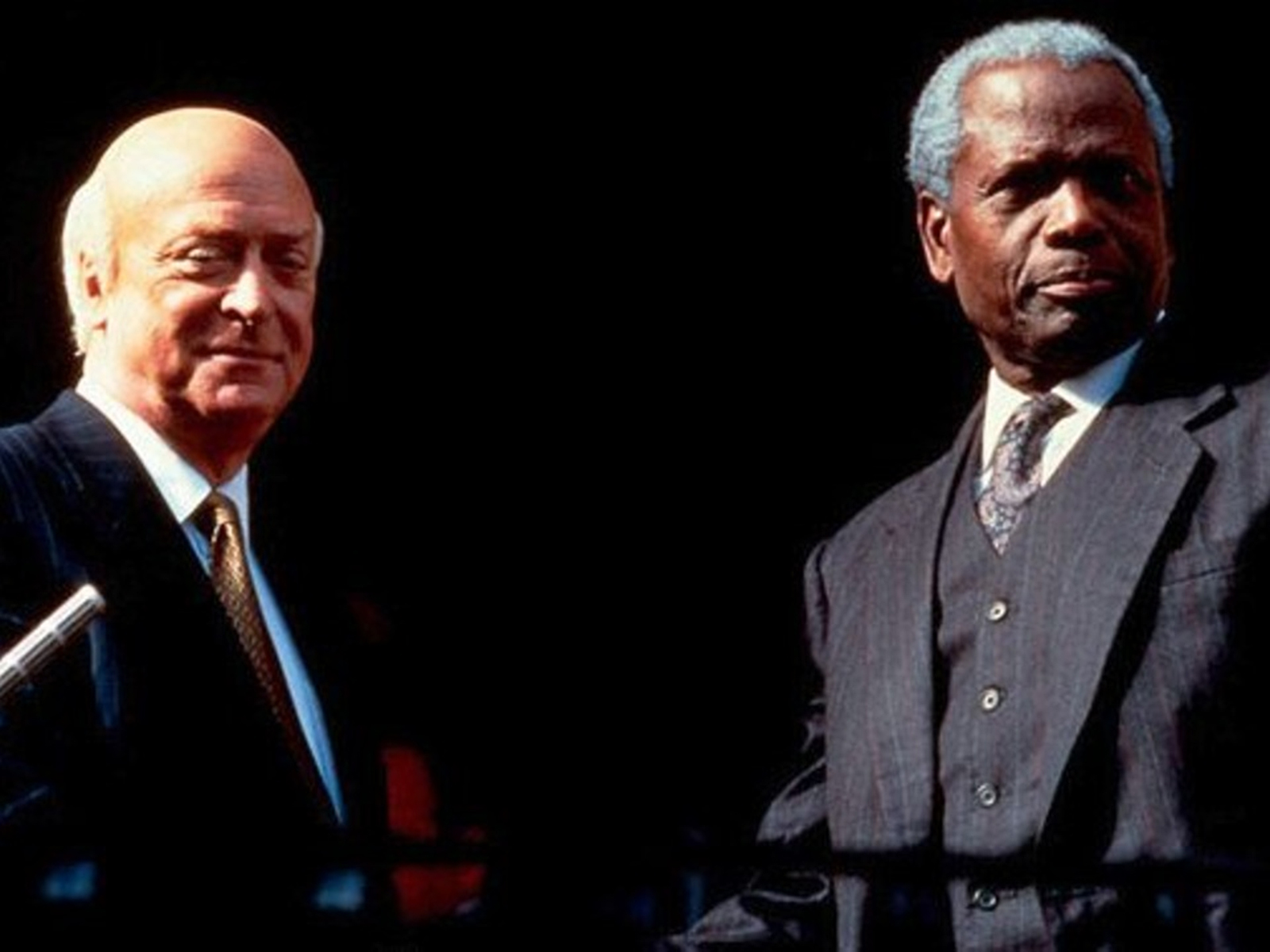
Goodbye Bafana (2007)
This little-known story is about a White South African racist named James Gregory who worked as a prison guard for 20 years and was tasked with guarding the most famous prisoner. The guard’s life was profoundly altered by his experience of getting to know a prisoner he originally despised based simply on the color of his skin. Bille August’s subtle direction guided Ralph Fiennes and Dennis Haysbert to one of their best performances. One of their quotable dialogues is this one – Gregory: “These ideas you’d kill for?” Mandela: “These ideas I’d die for.”
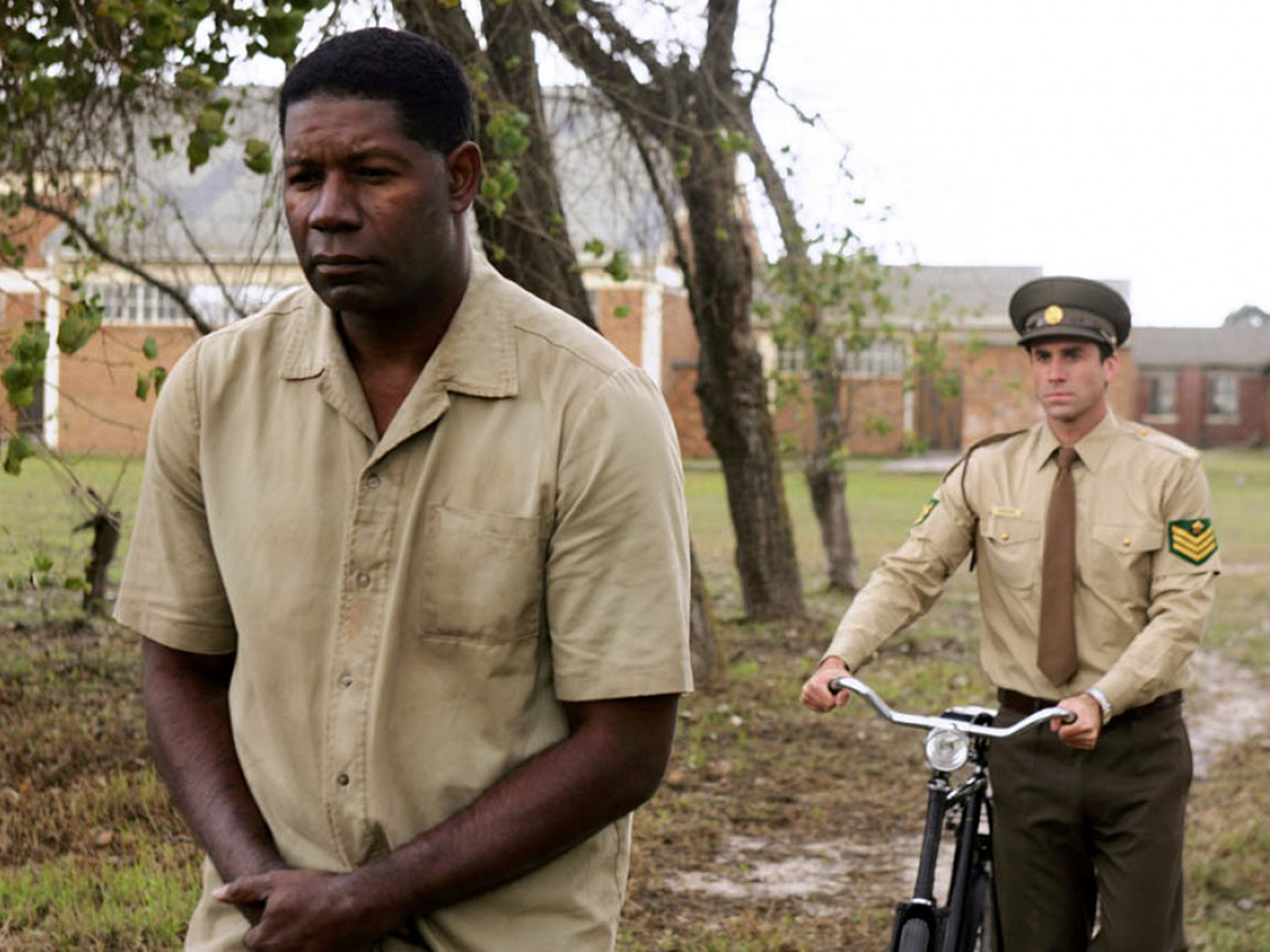
Invictus (2009)
In his first term in office, Nelson Mandela used sports to bring together the people of his apartheid-torn country: the film shows how he united Blacks and Whites for a national rugby team with the sole goal of winning the 1995 world cup. Morgan Freeman and Matt Damon star under the direction of Clint Eastwood. Mandela said at the time that only Morgan Freeman could play him, something that no one, not even Eastwood could argue with. Freeman and Mandela were friends and the actor even trained himself to write with his right hand although he is left-handed.
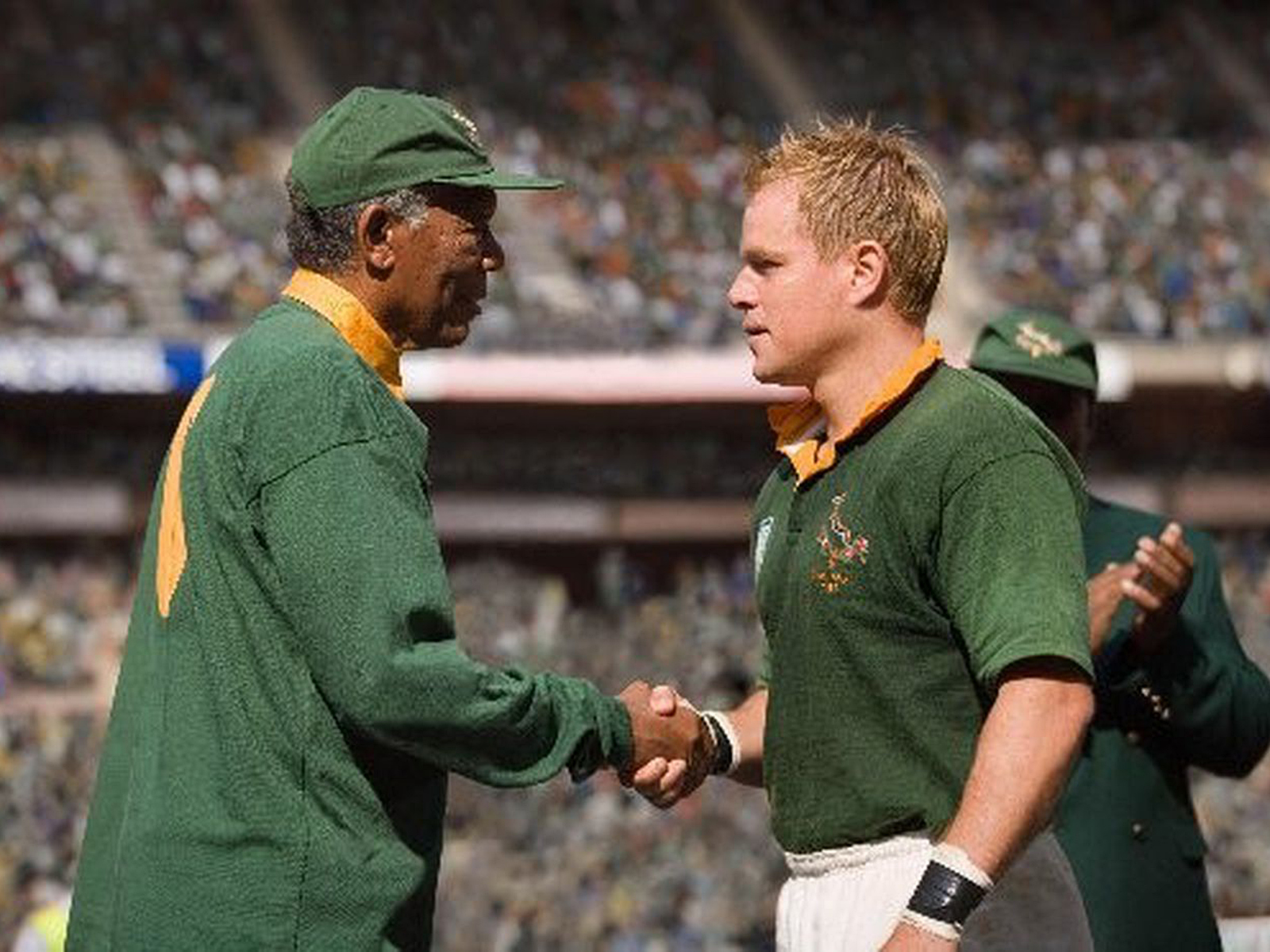
Endgame (2009)
It took a lot of covert meetings and discussions to bring down the South African government in order to end apartheid. The film, directed by Pete Travis and starring Chiwetel Ejiofor and William Hurt with Clarke Peters playing Mandela. The film is based on the book by Robert Harvey, “The Fall of Apartheid: The Inside Story from Smuts to Mbeki”.
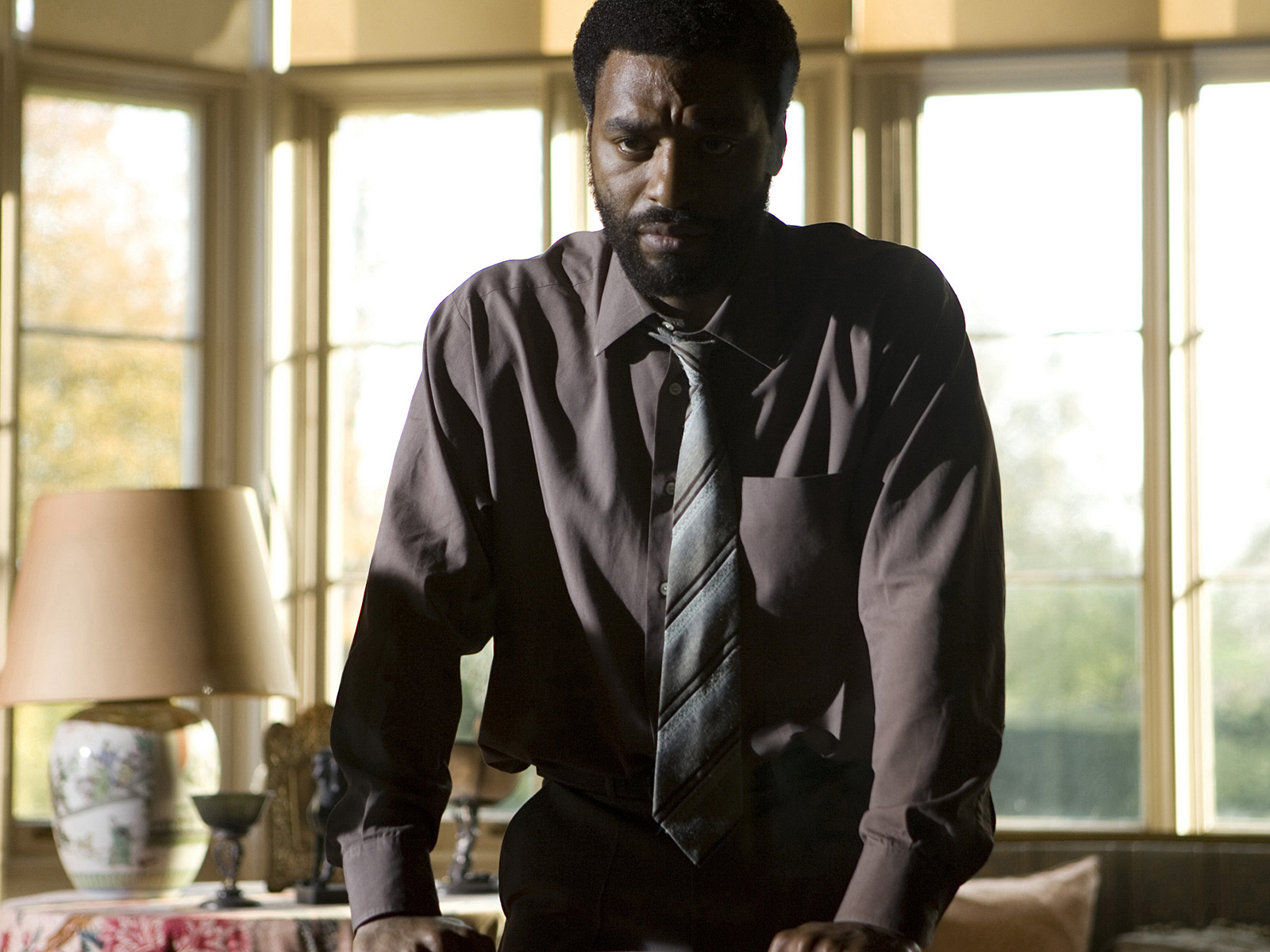
Mandela: Long Walk to Freedom (2013)
This is the only film based on Madiba’s autobiography and as such covers his whole life from his childhood days in a small rural village to becoming South Africa’s first democratically elected president. William Nicholson adapted the biography and Justin Chadwick directed. Idris Elba stars with Naomie Harris playing his wife. On the night of its London premiere the audience learned that Nelson Mandela had just passed. The news came in a call to Zindzi and Zenani Mandela, his daughters who were there. They insisted that the screening not be postponed.
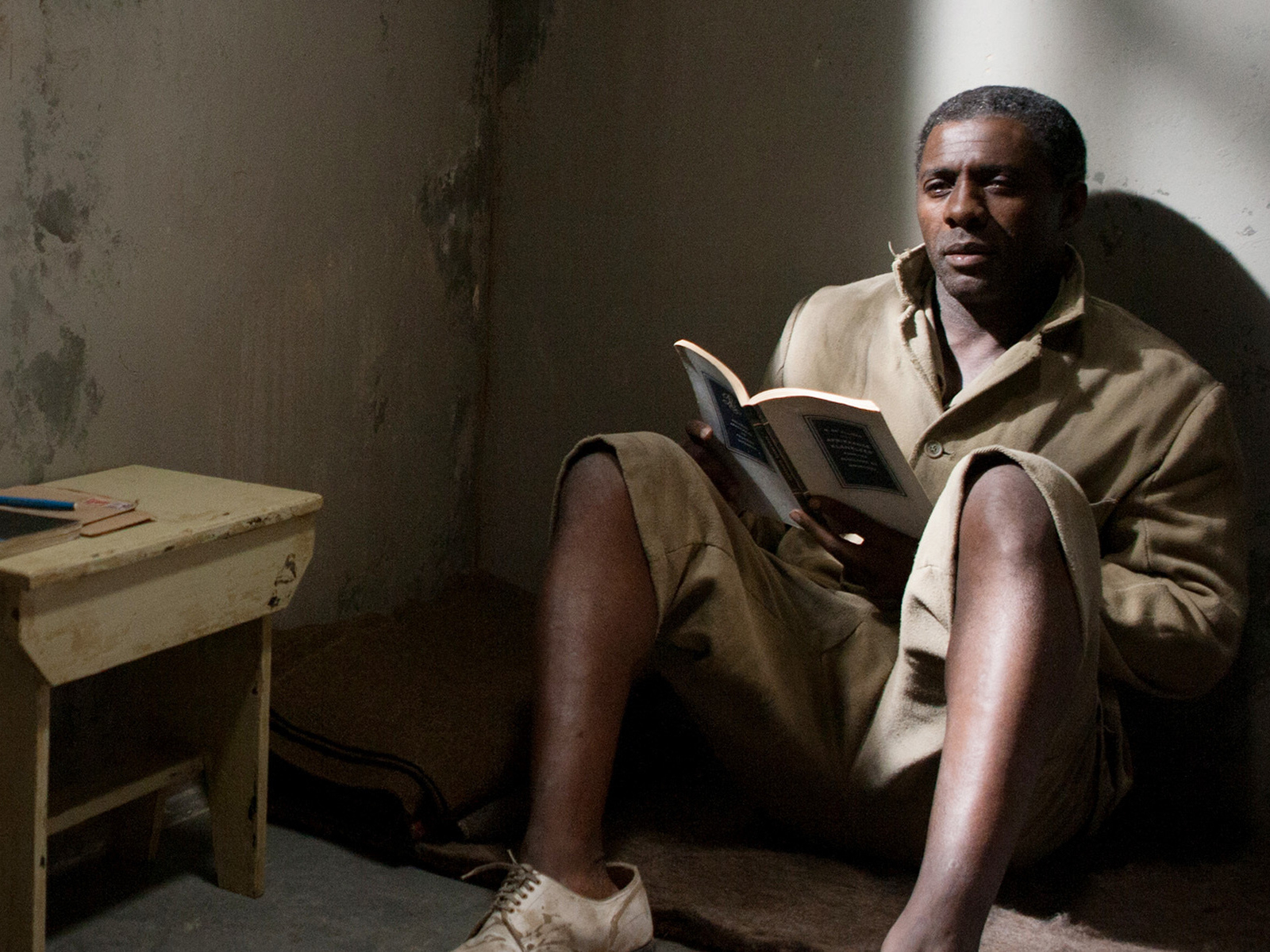
Madiba (2017)
Not a film but a six-part miniseries, this one stars Lawrence Fishburne as the iconic leader and follows his life story. Other than the documentaries that focus on his politics, Madiba (so titled after Mandela’s South African name) centers on those closest to him – his friends and family and the important roles they played in his life. Orlando Jones, Terry Pheto and David Harewood co-star.
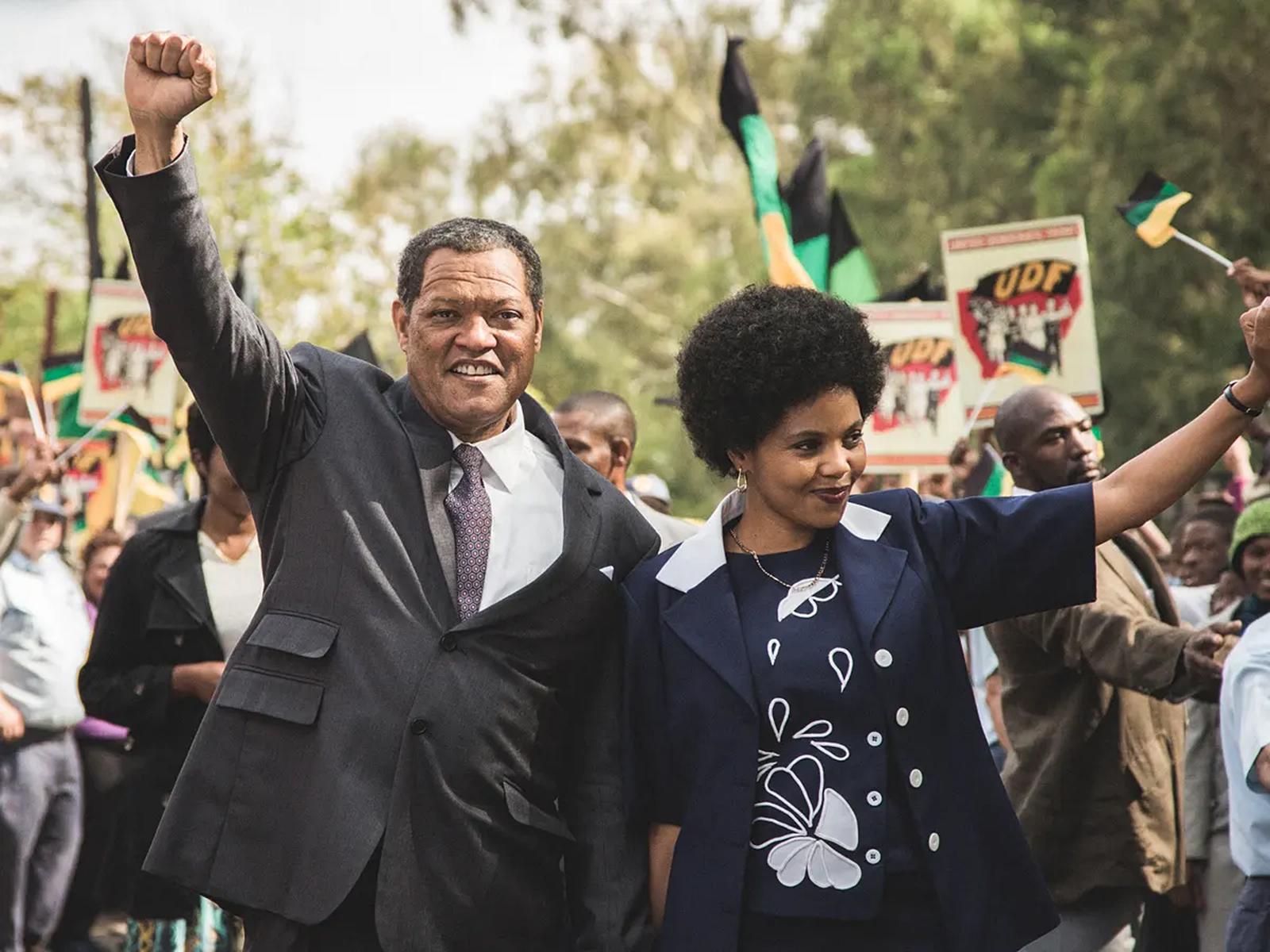
Mandela (1996)
We would be remiss not to include some documentaries as well. This one was nominated for an Oscar in 1997 and gives what is probably the most comprehensive look into his life and career, covering everything from his childhood and upbringing, his family background, early activism and imprisonment and his tireless fight to affect change, but also his struggles with the anti-apartheid movement and their approach. Unlike other docs, Mandela provides us with interviews with the man himself.
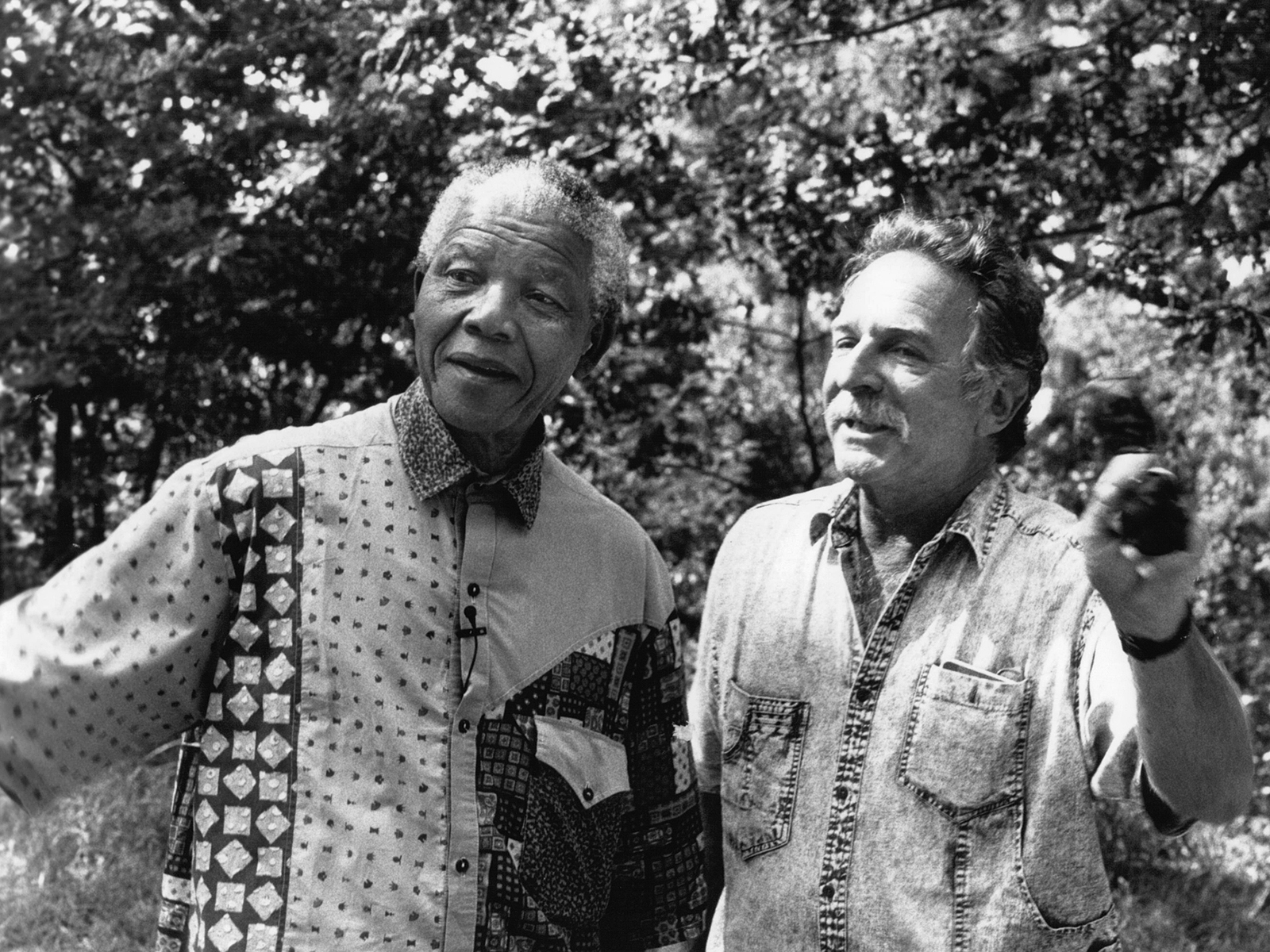
Mandela’s Gun (2016)
Mandela’s Gun deals with a part of Mandela’s life that is often overlooked. It is shot like a political thriller and covers his military training in Algeria and Ethiopia, up to his arrest when he returned to South Africa. Featuring footage from across the continent, this documentary shows Mandela’s travels and struggles as a young liberation fighter. It takes place in 1962.
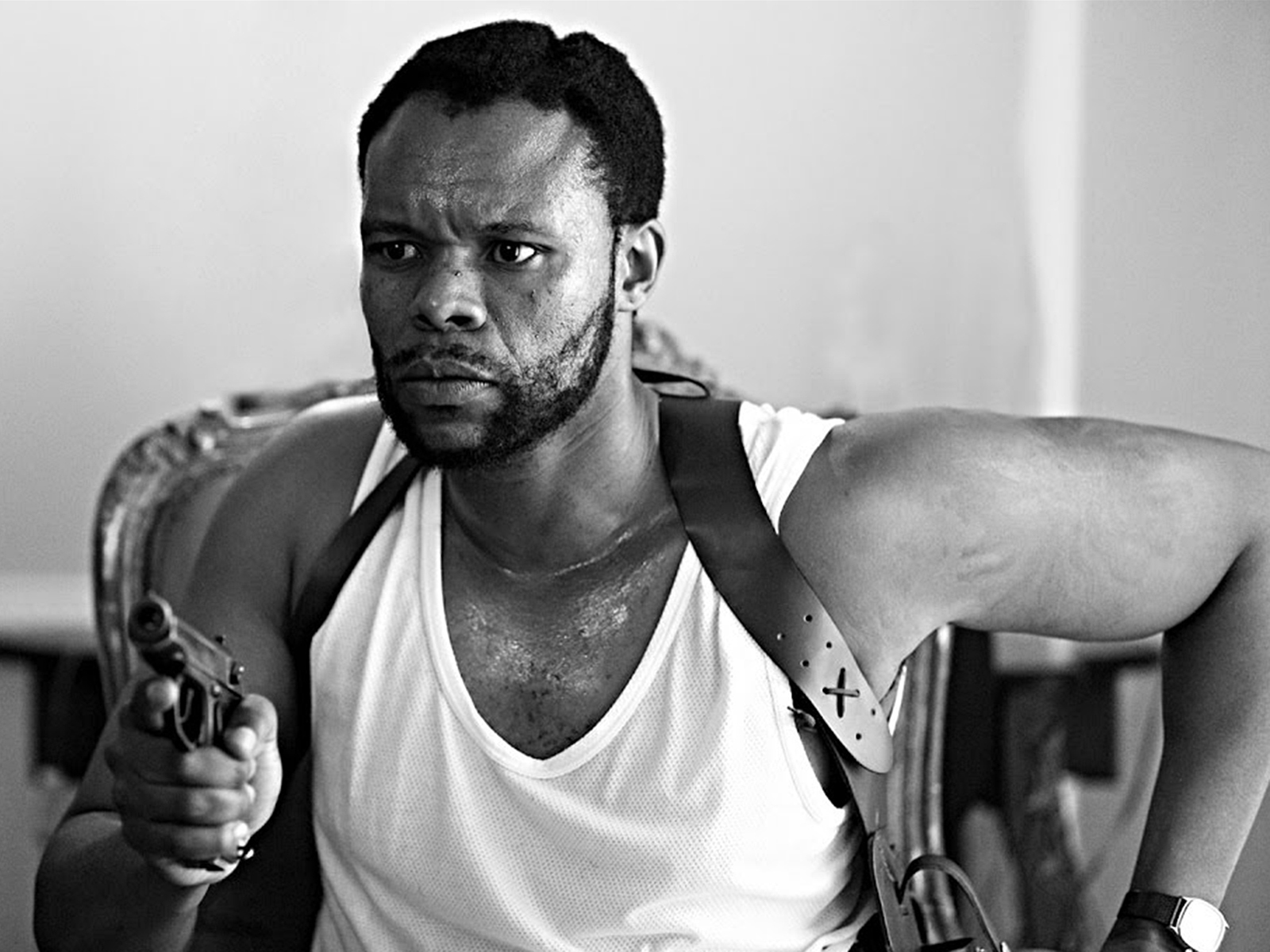
Music for Mandela (2013)
Music played a huge part in Mandela’s journey, both in his private life and his political career. When any mention of his name was banned during the apartheid years, it was songs that served as an education for the younger generations and played a vital role in the freedom movement. The documentary features interviews from various singers, Mandela’s rapper grandson, and an ex-prisoner who recalls the songs Mandela sang behind bars.
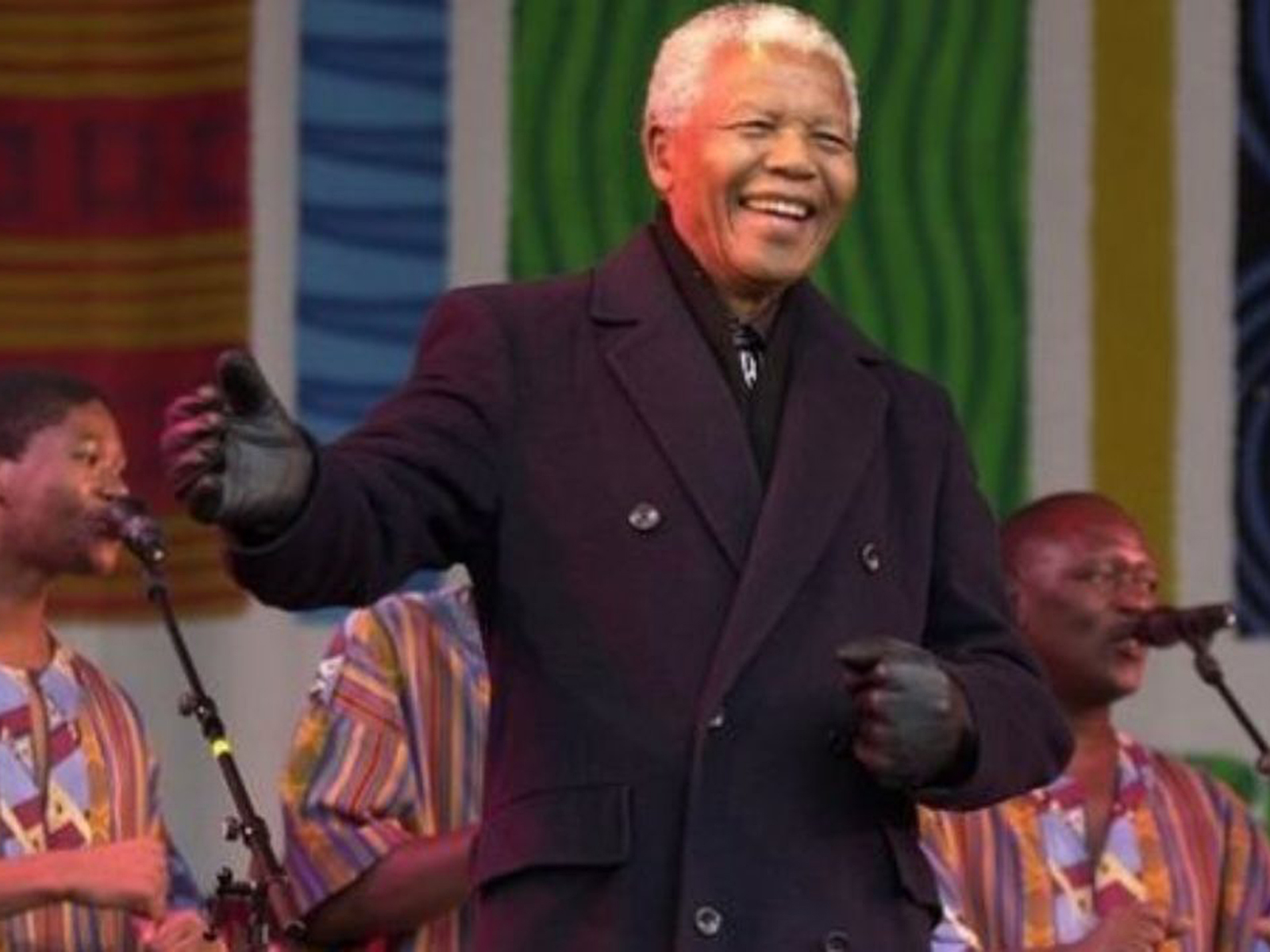
Nelson Mandela: The Myth and Me (2013)
Henry Kissinger, Colin Powell, Ariel Dorfman, Nuruddin Farah,
and even the Dalai Lama are interviewed in this doc. Writer/director Khalo Matabane was a wide-eyed teenager when Mandela was freed from prison and became the man who changed a country. In his film, he explores the issue from a contemporary perspective rather than a historic one. The main question asked is how the end of apartheid has affected the world now and takes a contemporary look at the legacy Mandela left with the end of apartheid and what effect he has on the modern world.
